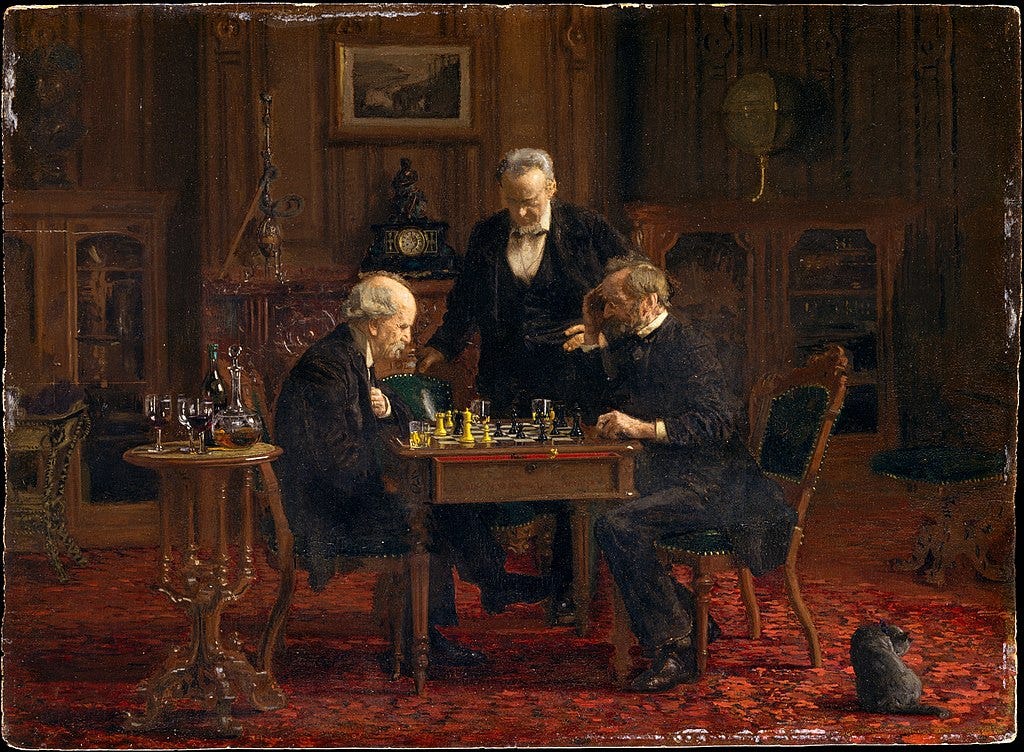
“Without contraries is no progression. Attraction and repulsion, reason and energy, love and hate, are necessary to human existence.” — William Blake, 1790
Keep reading with a 7-day free trial
Subscribe to Timeless & Timely to keep reading this post and get 7 days of free access to the full post archives.




